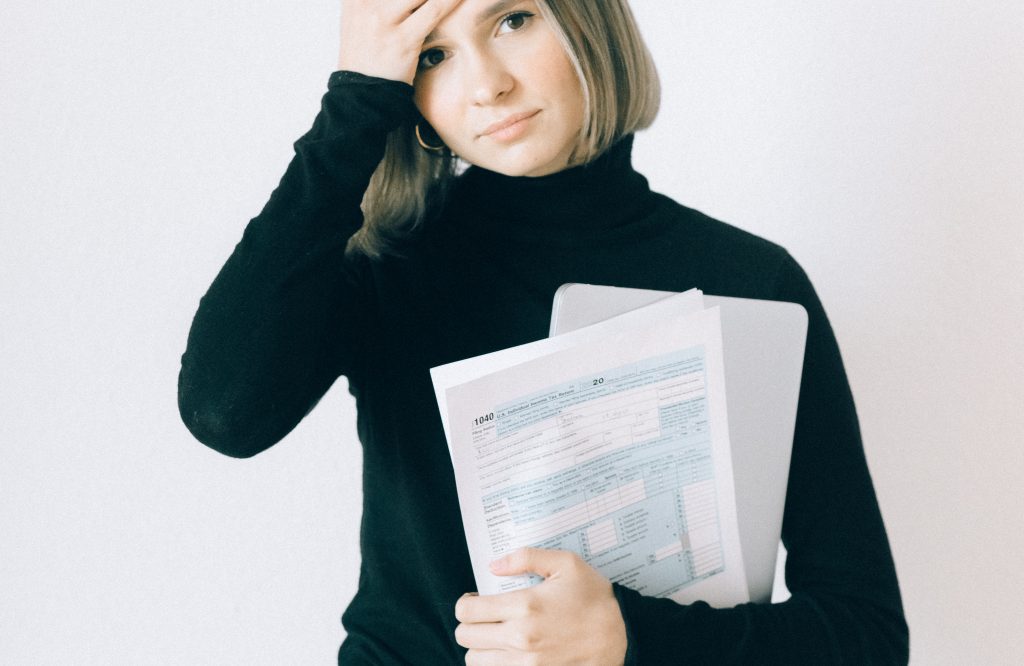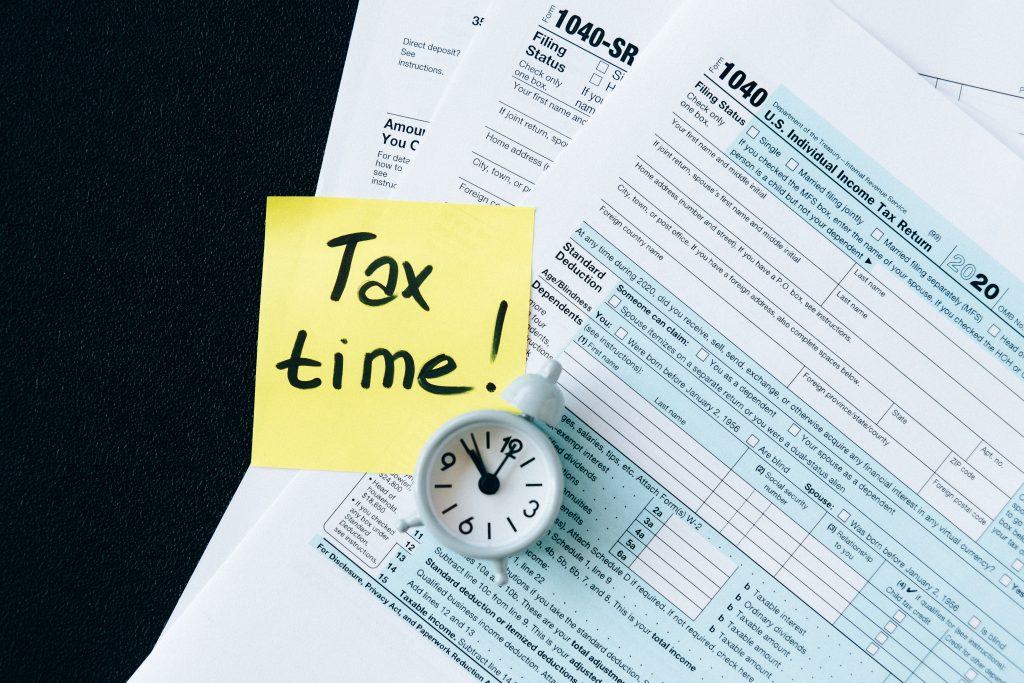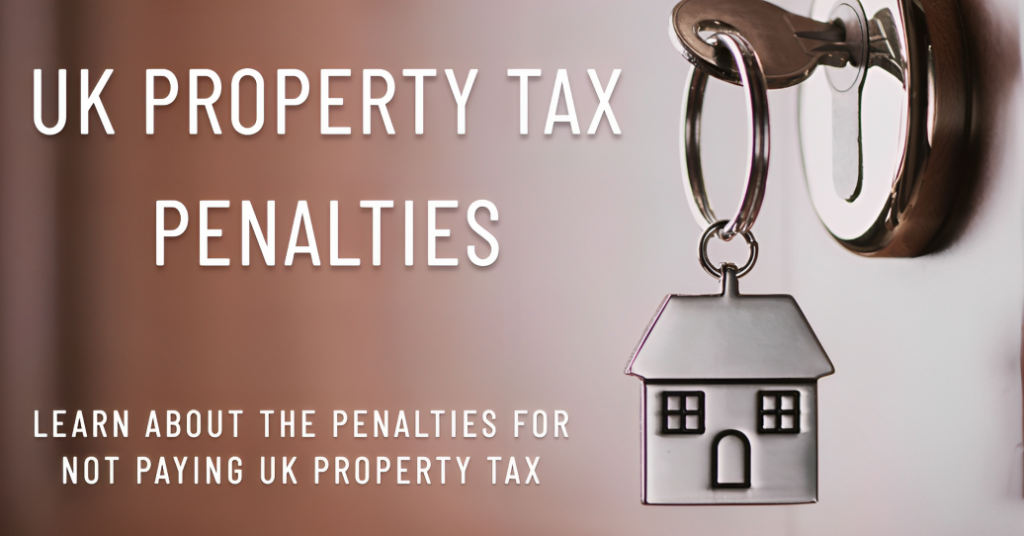Tax Penalties in UK
In the UK, tax penalties may be imposed for the following reasons:
- Late filing of tax returns
- Late payment of tax
- Underpayment of tax
- Accurate calculation of tax returns
- Failure to notify HMRC of changes in circumstances
Penalties vary in amount and may be a fixed fee or a percentage of the tax owed. The exact amount and type of penalty will depend on the specific circumstances of the case.
Tax Penalties - Late Filing of Tax Returns
In the United Kingdom, tax penalties are imposed on individuals who file their tax returns late. This means that if you do not file your tax return by the deadline, you may be required to pay additional fees or fines to HM Revenue and Customs (HMRC). This article will provide an overview of the penalties for late filing of tax returns in the UK, including the types of penalties, when they apply, and how to avoid them.
Types of Penalties
There are two main types of penalties for late filing of tax returns in the UK: automatic and discretionary. Automatic penalties are applied automatically by HMRC, while discretionary penalties are imposed at the discretion of HMRC.
Automatic Penalties
These penalties are applied if you file your tax return late. The amount of the penalty depends on how late you file your return and how much tax you owe. The first penalty is £100, which is applied if your tax return is up to three months late. An additional penalty of £10 per day may be applied for each day that your return remains outstanding, up to a maximum of £900.
Discretionary Penalties
HMRC applies discretionary penalties at its discretion and typically imposes them for more serious cases of non-compliance, like persistently filing late or failing to provide information promptly. These penalties can be much higher than automatic penalties and can be up to 100% of the tax owed.
When Penalties Apply

Penalties for late filing of tax returns in the UK apply if you do not file your tax return by the deadline, which is typically 31 January following the end of the tax year. If you have been required to file a tax return but have not done so, you may be liable for a penalty even if you do not owe any tax.
How to Avoid Penalties
To avoid penalties for late filing of tax returns in the UK, it is important to file your tax return on time. If you are unable to file your return by the deadline, you should contact HMRC as soon as possible to discuss your situation. You may be able to apply for an extension or payment plan to help you get back on track.
To avoid penalties, it is important to file your tax return by the deadline, or if you are unable to do so, to contact HMRC to discuss your situation.
Tax Penalties - Late Payment of Tax
In the United Kingdom, individuals who pay their taxes late face tax penalties. This implies that failing to pay taxes on time may necessitate paying extra fees or fines to HM Revenue and Customs (HMRC).This article will provide an overview of the tax penalties for late payment of tax in the UK. Including the types of penalties, when they apply, and how to avoid them.
Types of Penalties
There are two main types of tax penalties for late payment of tax in the UK: daily and monthly. Daily penalties are applied for each day that the tax remains outstanding. While monthly penalties are applied on a monthly basis.
Daily Penalties
These penalties are applied if you do not pay your taxes on time. The amount of the penalty depends on how much tax you owe. The daily penalty rate is currently 0.05% of the outstanding tax for each day that the tax remains outstanding, up to a maximum of 100% of the tax owed.
Monthly Penalties
Monthly penalties are applied if you do not pay your taxes on time and the amount you owe is over £1,000. The monthly penalty rate is currently 2% of the outstanding tax for each full month that the tax remains outstanding. up to a maximum of 100% of the tax owed.
When Penalties Apply
Penalties for late payment of tax in the UK apply. if you do not pay your taxes on time. Which is typically by 31 January following the end of the tax year. If you owe tax, you may be liable for a penalty even if you have filed your tax return on time.
How to Avoid Penalties

To avoid penalties for late payment of tax in the UK, it is important to pay your taxes on time. If you are unable to pay your taxes by the deadline, you should contact HMRC as soon as possible to discuss your situation. You may be able to apply for a payment plan to help you get back on track.
Conclusion in the UK penalties for late payment of tax can be costly and are imposed by HMRC to encourage individuals to pay their taxes on time. To avoid penalties. It is important to pay your taxes by the deadline or if you are unable to do so. To contact HMRC to discuss your situation.
Offshore Tax Penalties in UK: How to Avoid Them
The UK government has taken a strong stance against offshore tax evasion and has implemented strict measures to ensure taxpayers comply with tax laws. If you have offshore financial assets. It is important to understand the risks associated with failing to disclose these assets to the UK tax authorities. In this article, we will discuss offshore tax penalties in the UK and how to avoid them.
Penalties for Offshore Tax Evasion
If you have offshore financial assets and fail to disclose them to the UK tax authorities. You may face severe penalties. The penalty for offshore tax evasion depends on the type of tax involved and the length of time the non-compliance has been ongoing. The penalty for failing to disclose offshore assets on your tax return can be as much as 200% of the tax owed. Additionally, you may also face criminal charges. Which can result in fines or imprisonment.
Ways to Avoid Offshore Tax Penalties
The best way to avoid offshore tax penalties is to comply with UK tax laws. Here are a few ways you can do this:
- Report offshore assets: If you have offshore assets, it is important to report them on your tax return. This includes any income, gains, or dividends you receive from offshore investments.
- Take advantage of the Worldwide Disclosure Facility: This is a UK government scheme that allows taxpayers to come forward and disclose their offshore assets voluntarily. In exchange for this, they will receive reduced penalties and avoid prosecution.
- Use a tax professional: If you have offshore assets. It is a good idea to seek the advice of a tax professional. They can help you understand the tax laws and ensure you are in compliance.
- Regularize your tax affairs: If you have been non-compliant with UK tax laws. It is possible to regularize your tax affairs by making a voluntary disclosure to the tax authorities. This will minimize the penalties you may face.
Conclusion
Offshore tax punishments in the UK can be severe and failing to disclose offshore assets can result in significant fines and even criminal charges. To avoid these penalties. It is important to understand the tax laws and comply with them. If you have offshore assets. consider reporting them on your tax return, taking advantage of the Worldwide Disclosure Facility, seeking the advice of a tax professional, or regularizing your tax affairs. By doing so, you can avoid offshore tax penalties and ensure compliance with UK tax laws.
In recent years, there have been a rising number of people being accused of tax evasion. This is because many people are trying to find ways to avoid paying their taxes. Which can lead to penalty charges and even jail time. If you are thinking about avoiding any penalties or finding ways to save on your income tax bill. Then read on for some helpful advice.









